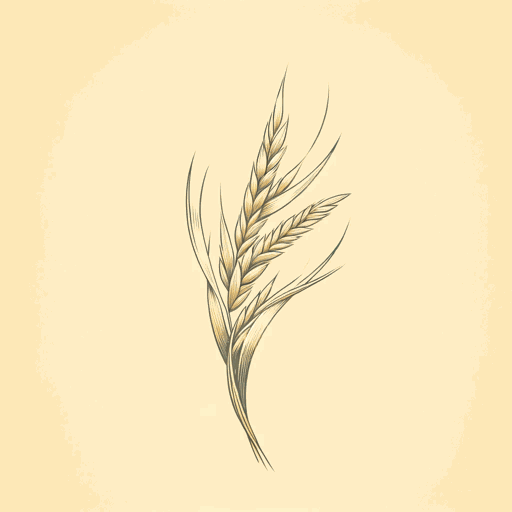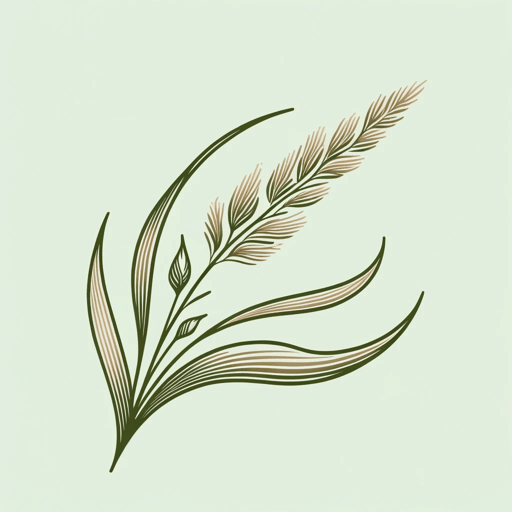95 pages • 3 hours read
Robin Wall KimmererBraiding Sweetgrass: Indigenous Wisdom, Scientific Knowledge, and the Teachings of Plants
Nonfiction | Book | Adult | Published in 2013A modern alternative to SparkNotes and CliffsNotes, SuperSummary offers high-quality Study Guides with detailed chapter summaries and analysis of major themes, characters, and more. For select classroom titles, we also provide Teaching Guides with discussion and quiz questions to prompt student engagement.
Introduction
Braiding Sweetgrass: Indigenous Wisdom, Scientific Knowledge, and the Teachings of Plants
- Genre: Nonfiction; botany and environmentalism
- Originally Published: 2013
- Reading Level/Interest: College/Adult
- Structure/Length: 5 parts; 32 chapters; approx. 408 pages; approx. 16 hours, 44 minutes on audio
- Central Concern: The author, a botanist and member of the Citizen Potawatomi Nation, discusses environmental sustainability and connection between living things in essays devoted to nature and different cultures’ views of the world.
- Potential Sensitivity Issues: The author mentions by name and discusses at length a figure that Native students with traditional spiritual beliefs may be uncomfortable reading about and discussing (the W*ndigo).
Robin Wall Kimmerer, Author
- Bio: Born in 1953 in New York; scientist, professor, and member of the Citizen Potawatomi Nation; founder/director of the Center for Native Peoples and the Environment; teaches at the State University of New York College of Environmental Science and Forestry; winner of the John Burroughs Medal Award (Natural History Writing; 2005) for her book Gathering Moss; recipient of a MacArthur Fellows Program “Genius Grant” (2022)
- Other Works: Gathering Moss: A Natural and Cultural History of Mosses (2003); Braiding Sweetgrass for Young Adults (2022)
- Awards: Sigurd F. Olson Nature Writing Award (2014); John Burroughs Nature Essay Award (2014); New York Times Bestseller list; LitHub’s Best Essay Collection of the Decade; Thoreau Prize for Excellence in Nature Writing (2021)
Related Titles
By Robin Wall Kimmerer


